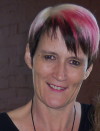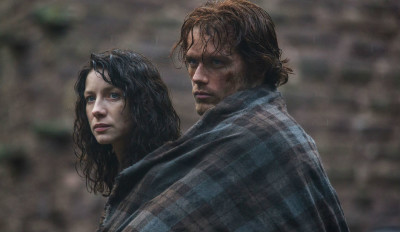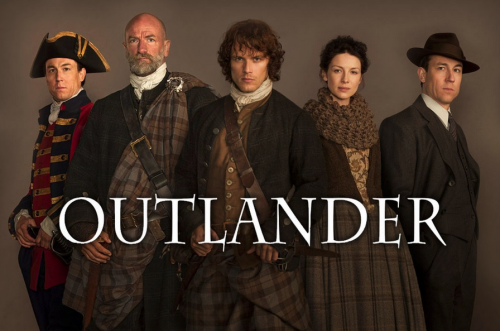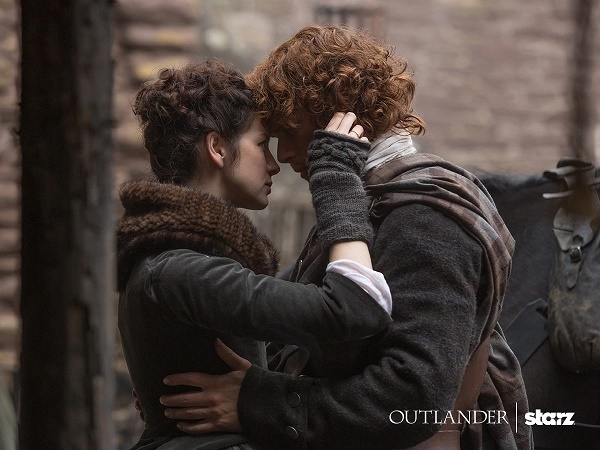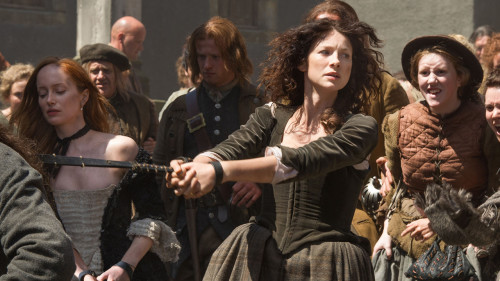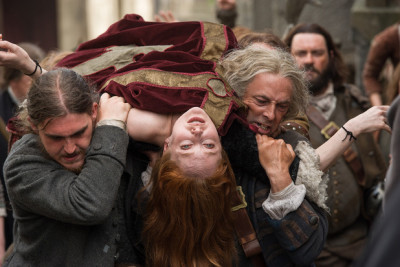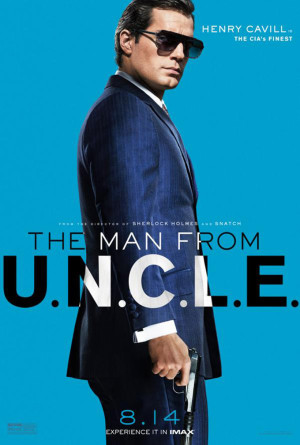
A. V. Mather
A. V. Mather is Brisbane-based writer of Fantasy fiction for Young Adults. She has a BA in Fine Arts and a Post-Grad in Education. In previous decades, she has worked as a Scenic Artist and a Secondary School Art teacher. Eight years ago, she finally gave in and devoted herself wholly to writing. She is represented by Tom Witcomb, of Blake Friedmann Agency in London, England.
A. V. Mather enjoys reading widely across genres and is also interested in art, satire, history, photography, popular culture, psychology, road trips and good stories – real and imagined.
You can follow her on Twitter @AVMather
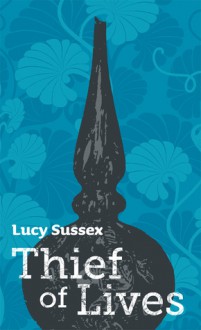 In Thief of Lives, Australian author Lucy Sussex explores issues surrounding gender and relationships in four short – and vastly different — stories. Each one provides a different insight into the lives of characters who exist on the fringe of their society. Whether through vocation, origins, personality, or choices – each is living a life which isolates them in some way, making their associations all the more unusual and important. With every story, we look into worlds where attraction runs far deeper than lust or love and evil is a matter of degree.
In Thief of Lives, Australian author Lucy Sussex explores issues surrounding gender and relationships in four short – and vastly different — stories. Each one provides a different insight into the lives of characters who exist on the fringe of their society. Whether through vocation, origins, personality, or choices – each is living a life which isolates them in some way, making their associations all the more unusual and important. With every story, we look into worlds where attraction runs far deeper than lust or love and evil is a matter of degree.
We begin with Alchemy, a historic fantasy set in Ancient Mesopotamia. In this life-spanning tale, a demon seeks to lure a singularly intelligent young woman to the black arts. He recognises in her a rare mind that would, together with his knowledge of alchemy, advance the Mesopotamian civilisation to unprecedented heights.
Second is The Fountain of Justice, a modern crime story set in Australia. In it, a tenacious solicitor ruminates over past defendants, crimes and coincidences, whilst engaging in a case involving local hoodlums. There is a strong pull of affection and loyalty in her musings, despite the overwhelming sense of a tragedy unfolding.
The Subject of O throws us into the student world where a repressed young woman experiences a belated awakening. Her experiences lead her to value her own opinions and ideals, rather than shed them, as her knowledge broadens.
Thief of Lives is the final, and my favourite, of the four. The mysterious PA of a traumatised author arrives at Bristol station on a research mission. The arrival coincides with a publicity frenzy for a sensational new author, and the PA is inexorably caught up in events. It is an intriguing and tantalising urban fantasy, with witty morals and allusions, and also gives an insight into the history of the town.
The four stories together provide a showcase for the breadth of Lucy Sussex’s vision and creativity. Although the genres differ, the theme of relationships are very much at the heart of each. In delivering variations on the theme, she has created stories with wonderfully diverse voices and layers.
In line with the genres represented, the pacing and tension differs from story to story. There is a dreamy, ethereal quality to the writing in Alchemy: the sense of a lofty viewpoint borne of immortality. Then we are slammed back to earth with the gritty, urban voice of The Fountain of Justice. I felt a genuine sense of self-consciousness reading The Subject of O, and of power and obfuscation in the language of Thief of Lives.
So how does anyone categorise Lucy Sussex? She is at once modernist and historian, fantasy and crime writer, fiction and non-fiction, adult/children’s/YA and a literary critic. She defies pigeon-holing and can only be pinned down by her interests in feminism and exploring the broad theme of gender.
I enjoy stories that provide tangible evidence of relationships beyond the accepted standards of love or lust. There are so many important relationships that don’t come under either heading. Those that go beyond ‘a feeling’ and need a richer vocabulary to describe them. They make our experience of life and other people so much deeper and more rewarding. I am instantly a fan of writing that explores associations borne of proximity, admiration, awkwardness, suffering or affinity. It is the true stuff of life, the relationships that fill in all of the gaps around the big loves, hatreds and lusts. Lucy Sussex plunges deep into the loam with Thief of Lives and should be enjoyed by anyone who likes to think about a story, long after closing the book.



















